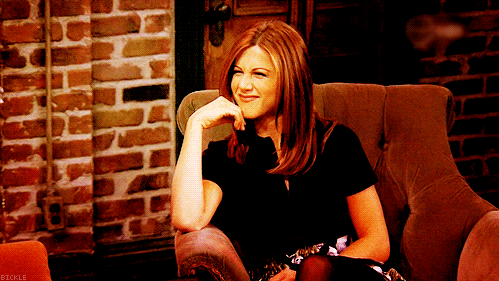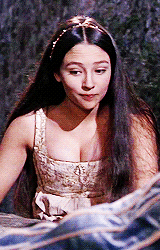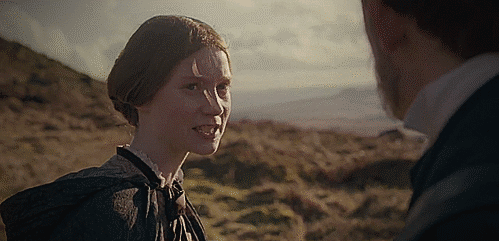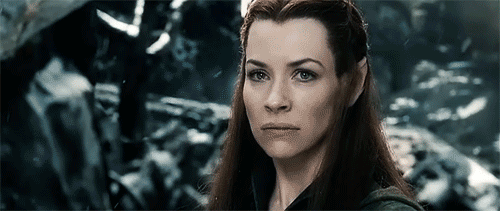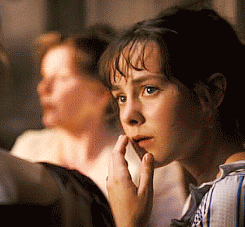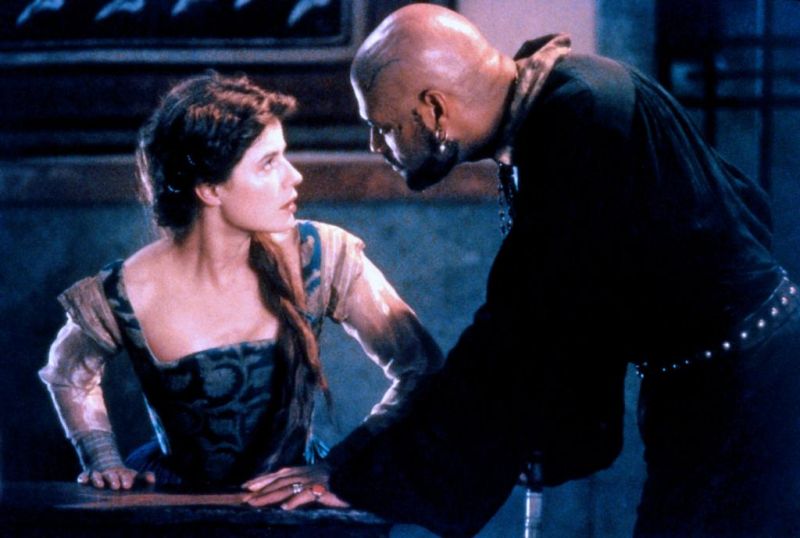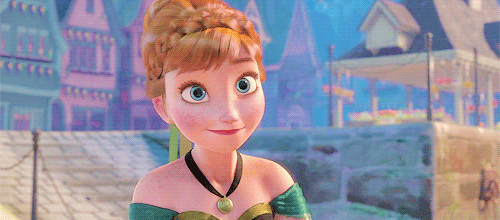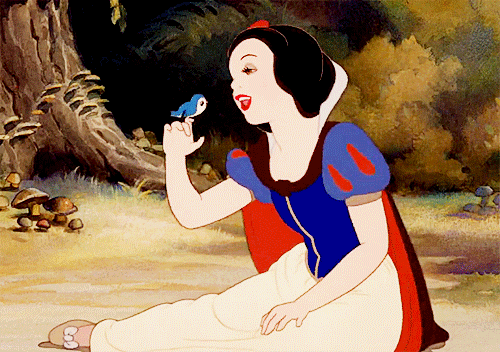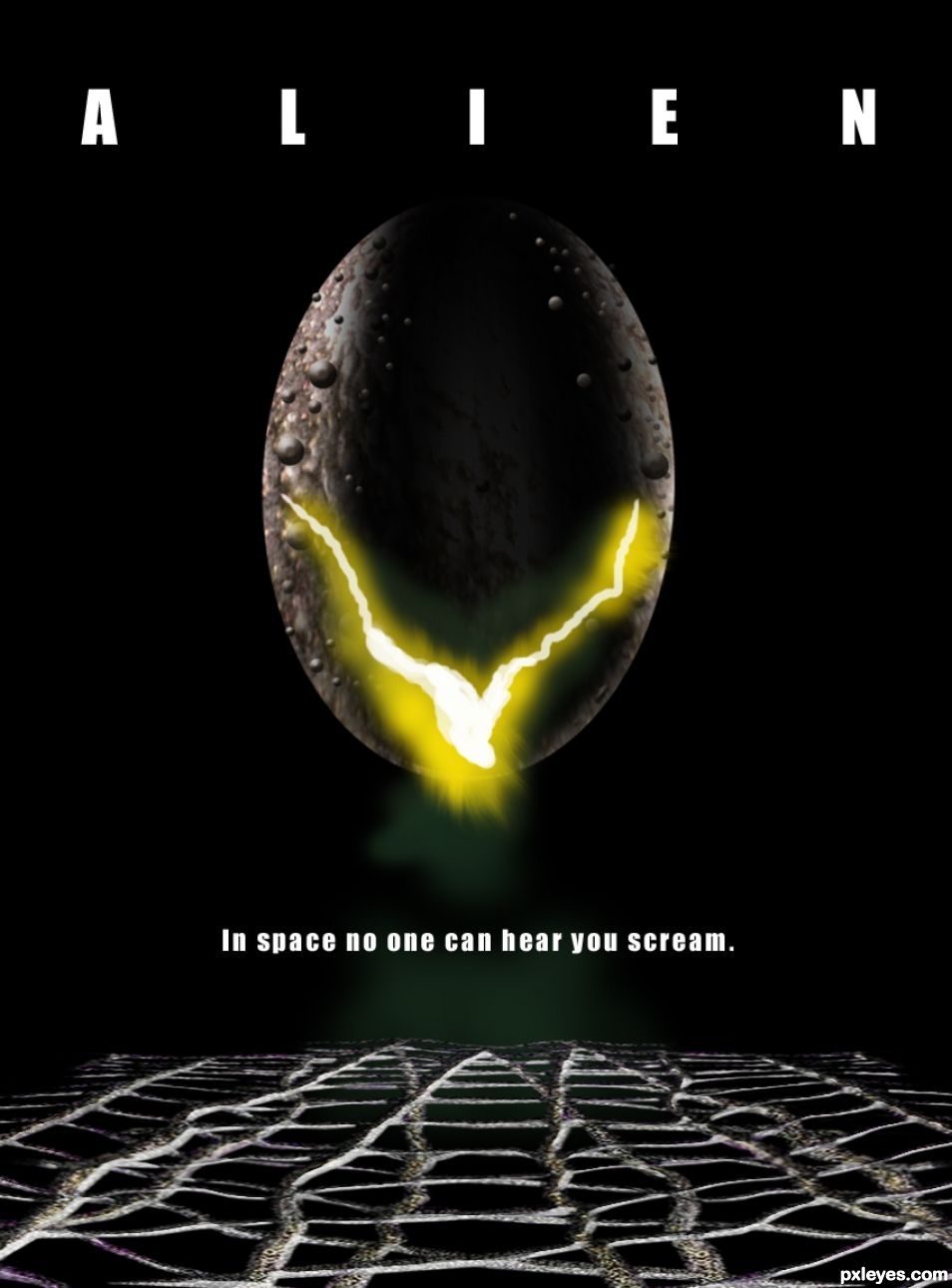Top Ten Tuesday is a weekly feature created at The Broke and the Bookish. Each week you compile a list of ten books which coincide with that week's theme. You can find everything you need to know about joining in here!
Happy Valentine's Day! This week's theme is all about romance, and as I talked about my favourite OTPs last year, I figured this year would be a good opportunity to talk about the characters I think should have remained single.
Katniss Everdeen from The Hunger Games trilogy: Sorry Peeta fans (specifically Shannon @ It Starts at Midnight), but I hate the ending of Mockingjay. My ideal happy ending for Katniss was for her to live somewhere peaceful with Prim and if that couldn't happen then I wanted her to either live alone or die. I know that sounds grim, and I understand the comfort she probably finds in Peeta because he's gone through so much of what she's gone through, but I hate the way people use Peeta against her. I wrote a whole post about it here if you're interested.
Rachel Green from Friends: The more I re-watch Friends, the more I realise Rachel should have stayed on the plane. Ross is a pretty awful person and he consistently makes her choose between him and her career and it pisses me off. When they're first dating he's constantly looking down on her interest in the fashion industry, but if someone says they're not interested in science it's like they just told him Santa isn't real. He's a hypocrite and I don't like him, and to be honest by the tenth season I think Rachel and Joey have way more chemistry.
Juliet Capulet from Romeo and Juliet: SIX PEOPLE DIED. This applies to Romeo too, I guess, but to be honest Romeo's always seemed pretty flaky to me while Juliet has all these amazingly violent monologues throughout the play and has always felt like the more fleshed-out character to me. I understand that she doesn't just want to marry some stranger her father picks out for her, but was there really no other option for her than a whirlwind romance that KILLED SIX PEOPLE? Come on, Juliet, you're better than that.
Jane Eyre from Jane Eyre: I think Jane and Mr. Rochester have amazing chemistry but let's be honest: Rochester is a problematic fave. Let's not forget that he literally locked his wife in the attic and then lied to his second wife about it. What exactly in that scenario suggests great husband material?
Sansa Stark from Game of Thrones: In no way can Sansa's marriage to Ramsay Bolton be described as a relationship because he was abusive and she was in no way able to give any form of consent. Really I'm just angry the writers gave her that storyline at all; she deserved better than to be abused in that way, especially after already spending so long at Joffrey's mercy.
Tauriel from The Hobbit movies: I love the fact that someone thought 'we can't ask little girls to sit through 9 hours of film without a single main female character', but they butchered any progress when they created Tauriel just to act as eye candy. There didn't seem to be any depth to her character, instead she was a watered-down mix of Eowyn and Arwen.
Marianne Dashwood from Sense and Sensibility and Lydia Bennet from Pride and Prejudice: I'm putting these two together because I think they'd be good friends if they met, and I'd love to see the two of them travelling around Europe together, Marianne could play her music and Lydia could act on the stage, because frankly they both deserved better marriages than the ones they end up in. Especially Marianne, because at Lydia can hold her own and still have a bit of fun with Wickham, whereas Marianne gets a General who, while he may be lovely, is far too boring for her.
Desdemona from Othello: Othello's a prick. That is all.
Anna from Frozen: Elsa won't let her marry a guy she's known for a day, but apparently a guy she's known for two days is fine. I don't really like Frozen anyway, I think it's full of plotholes and one day I may write a post about it, and this is one of the reasons why. It tried to be witty with its 'oh isn't it funny how Disney princesses marry men they barely know?' only to repeat the same mistake.
Snow White from Snow White and the Seven Dwarfs: The Disney one's fine, albeit old-fashioned, but in the original tale the Prince carries Snow White away while he thinks she's dead, only for the apple to dislodge from her throat and wake her up. In other words, the original Snow White marries a necrophile. Poor girl.
What did you talk about this week?



